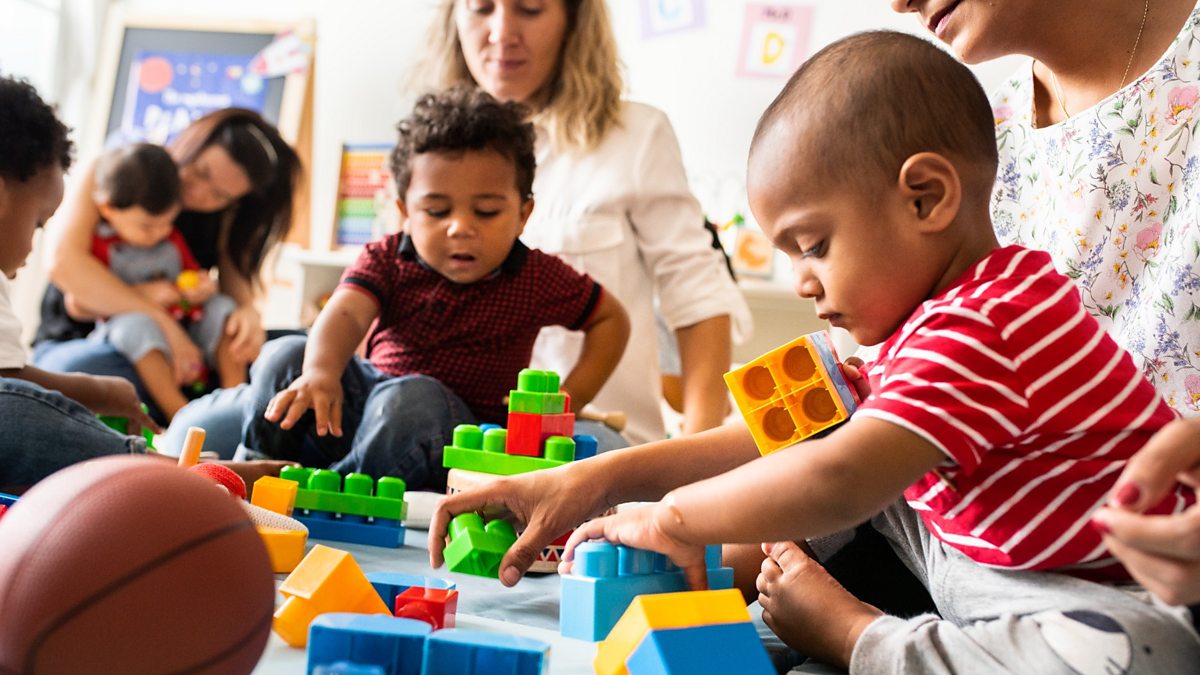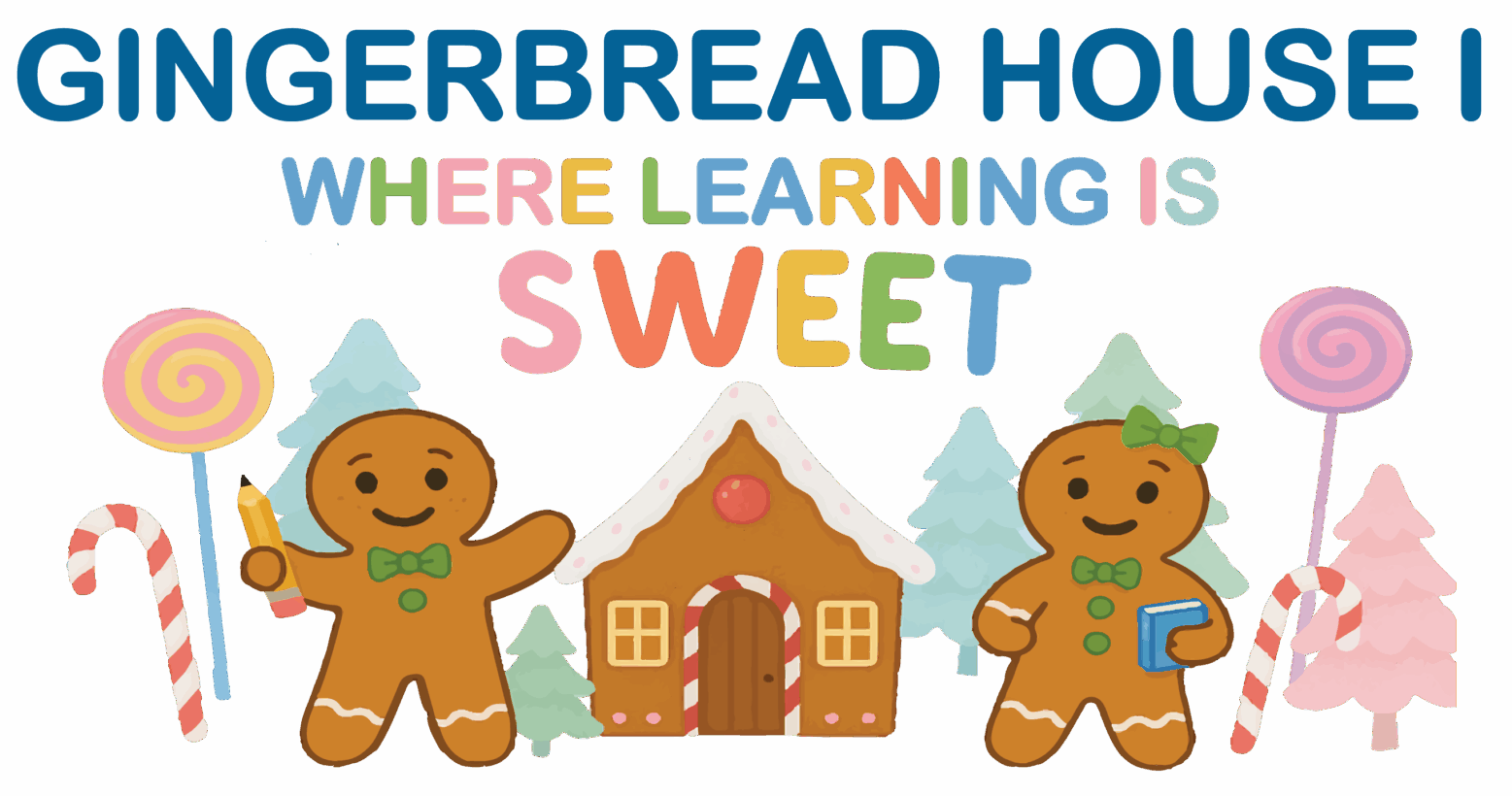
- June 2, 2025
Play as a Learning Tool
Play is the foundation of how young children understand the world around them. At Gingerbread House I, we use intentional play-based activities to introduce concepts like numbers, letters, shapes, and colors in ways that feel fun and natural. Whether stacking blocks, sorting toys, or engaging in pretend play, children are constantly practicing critical thinking and observation skills. We integrate learning into every playful moment, blending joy with development. This approach builds a strong academic base without pressure. Children retain more when they’re actively engaged and emotionally invested. Play boosts memory, attention span, and curiosity. It teaches cause and effect through trial and error. Ultimately, play helps children discover their love for learning—one giggle at a time.
Boosting Creativity and Imagination
Imagination is one of the most powerful tools a child can develop in early childhood. Activities like painting, storytelling, dress-up, and role-play ignite creativity and allow children to explore possibilities beyond their everyday world. At Gingerbread House I, we offer open-ended materials and flexible activities that encourage original thinking and invention. Creative play supports emotional expression and gives children a safe outlet to process their feelings and experiences. When a child turns a cardboard box into a spaceship or acts out a story with puppets, they’re practicing problem-solving, empathy, and self-direction. Imaginative experiences also improve language and communication skills. We believe nurturing imagination fosters confident, resilient thinkers who feel empowered to dream big and express themselves freely.
Physical Development Through Play
Movement is essential for healthy growth and brain development. At Gingerbread House I, we provide ample opportunities for both indoor and outdoor play to support gross and fine motor development. Climbing, running, jumping, and dancing help children strengthen their muscles and coordination. Activities like threading beads or using playdough improve finger strength and dexterity—important for writing and self-help skills. We create safe, stimulating environments where children are encouraged to move and explore freely. Physical play also supports balance, spatial awareness, and body confidence. It helps regulate energy levels and improves sleep patterns. Regular movement lowers stress and boosts mood. Most importantly, active play is fun—and when children enjoy physical activity early, they’re more likely to lead active, healthy lives later on.
Social Skills in Action
Group play lays the foundation for lifelong social and emotional skills. Through playing with peers, children learn cooperation, sharing, and turn-taking—essential lessons for building positive relationships. At Gingerbread House I, our classrooms are structured to promote collaboration and kindness. Children work in small groups, engage in partner games, and role-play social scenarios with guidance from caregivers. These interactions help children learn conflict resolution, respect for others, and empathy. We model and teach positive language, helping children express their needs and listen to others. Social play also strengthens self-control and patience. Friendships blossom in play-based settings, giving children a sense of belonging and joy. With time and support, children become confident communicators and compassionate classmates.
Creating Joyful Memories
Fun and laughter are more than just pleasant—they’re essential for meaningful early experiences. At Gingerbread House I, we focus on creating joyful memories that children will carry for life. Whether it’s dancing to music, celebrating a themed day, or giggling during storytime, we fill each day with moments that make children feel happy and loved. These memories strengthen bonds between children and caregivers and reinforce a positive association with school. Joy in early learning promotes mental wellness and builds emotional resilience. It encourages children to approach new challenges with enthusiasm and curiosity. When children feel safe and happy, they are more likely to take learning risks and try new things. Our goal is to make childhood magical—because happy memories shape happy minds.

